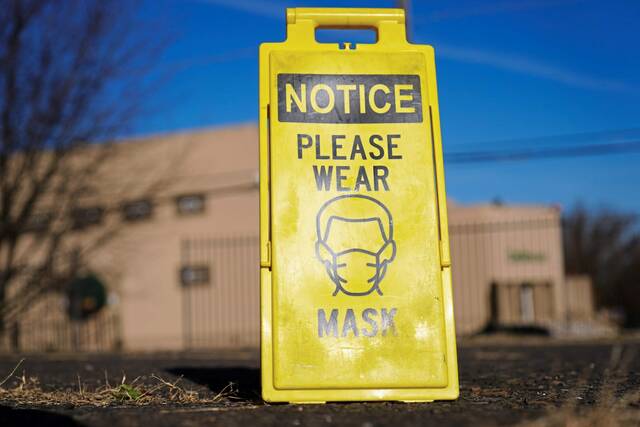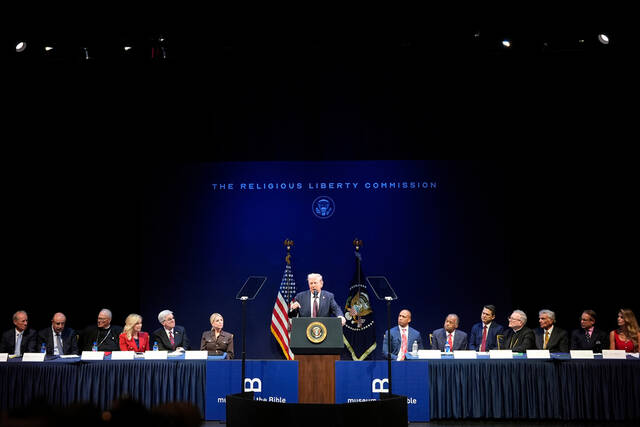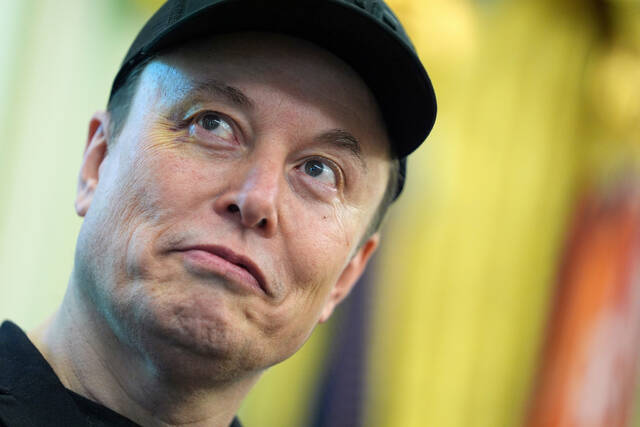Democrats, bless their hearts, keep trying to figure out the magic formula to stop President Donald Trump. But here’s a cold splash of reality: If Trump’s popularity ever collapses, it will probably be because of something completely beyond their control.
In 2020, it wasn’t some brilliant strategy that defeated Trump. It was covid. A global pandemic. An act of God (or Wuhan).
This raises an uncomfortable thought: the next disruption — the one that might shake up the political snow globe again — will probably be much bigger than covid. That looming disturbance is artificial intelligence.
In a recent Substack essay, Pete Buttigieg suggested that “the number one leadership challenge for world leaders, including the President of the United States, will be to manage the changes that AI is bringing about.” He goes on to note that “our president — and his opposition — have yet to make clear what their AI policies even are.”
He’s not wrong about the bipartisan lack of preparation. And for this reason, the political consequences are likely to be brutal for whichever party is in charge when the tipping point arrives and AI upends the lives of millions of Americans.
Trump still has 3½ years left on the clock — just enough time for AI to yank the rug out from under him. That’s a golden opportunity for Democrats, if they’re smart enough to capitalize on it.
But Democrats should hold off on gleefully penciling in 2028 as the year AI hands them the keys to the White House in perpetuity. Why? Because huge shocks to the system tend to empower either a) bold problem solvers or b) populist demagogues.
This next disruption could be even more traumatic. AI isn’t just coming for truck drivers. It’s coming for legal assistants, graphic designers, junior software developers, even (ahem) writers. College graduates who spent decades believing their degree was a shield against obsolescence are about to get a taste of what coal miners, steelworkers, typists and travel agents have already endured.
If this shift is as severe and pervasive as many believe it will be (a huge caveat, to be sure), it won’t be solved by fiddling around with marginal tax rates or by mildly expanding unemployment benefits. It will require a vast reimagining of what the government does — the kind of thing that would make free-market purists break out in hives.
But here’s where it gets tricky for Democrats: They can’t simply hand displaced workers a check and call it a solution.
Something Democrats must learn: People don’t just want money. They crave dignity, purpose, belonging and a reason to get up in the morning.
That means thinking big and finding meaningful opportunities for the displaced to serve and provide value. Imagine one teacher for every five students in America’s public school and college classrooms. Imagine school buses with three adults instead of one overworked driver.
Imagine a national corps of well-paid nurses and physical therapists making regular visits to isolated seniors and providing full-time home health care.
Picture teams of young, tech-savvy Americans helping retirees navigate their iPads, iPhones, TVs and other devices — closing the digital divide for an entire generation.
Now, pair that with a bold expansion of union apprenticeships to train the next wave of electricians, plumbers and carpenters — alongside free college or vocational training in exchange for a year or two of national service.
It wouldn’t happen overnight. Managing this transition would require robust unemployment benefits — say, 90% of prior salary for a fixed period — not as welfare, but as an investment in people and a dividend on the value they’ve helped create by virtue of tax dollars (that built the internet) and data (that fuel automation). Because again, addressing the dilemma of job displacement is about more than money.
AI might be the great test of our political age, and the party that passes this test will be remembered as our savior.
The party that fails this test will be remembered — if at all — as the one fiddling while Rome was automated.
Matt K. Lewis is the author of ”Filthy Rich Politicians” and “Too Dumb to Fail.” He wrote this for the Los Angeles Times.








